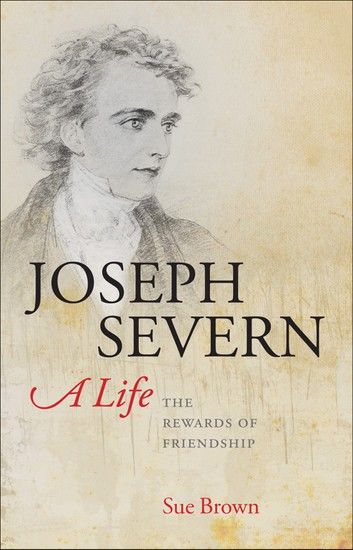This biography of Joseph Severn (1793-1879), the best known but most controversial of Keats's friends, is based on a mass of newly discovered information, much of it still in private hands. Severn accompanied the dying Keats to Italy, nursed him in Rome and reported on his last weeks there in a famous series of moving letters. After Keats's death in relative obscurity, Severn pressed hard for an early biography and a more fitting memorial in the Protestant Cemetery in Rome.In the nineteenth century Severn's friendship with Keats was seen as a model of devoted masculine companionship and he was reburied by popular acclaim next to Keats in 1882. In the twentieth century, by contrast, he was denigrated as an unreliable, self-promoting witness. Sue Brown's book fills a major gap in studies of Keats and his circle. It reassesses Severn's character, friendship with Keats, and influence on the posthumous development of the poet's fame and provides new information onKeats's death.The significance of Severn's artistic career has previously been downplayed. This book offers the first full assessment of his work and of his turbulent spell as British Consul in Rome from 1860 to 1871. Keats was not Severn's only famous friend. For most of his adult life Severn was at the heart of the large, lively British community in Rome welcoming amongst others Gladstone, who became his most important patron, Ruskin, Walter Scott, Wordsworth, Turner, Samuel Palmer, David Wilkie, and manymore. He maintained long friendships with Leigh Hunt, Mary Shelley, Charles Eastlake, Richard Monckton Milnes, amongst others, and enjoyed a rich family life.











